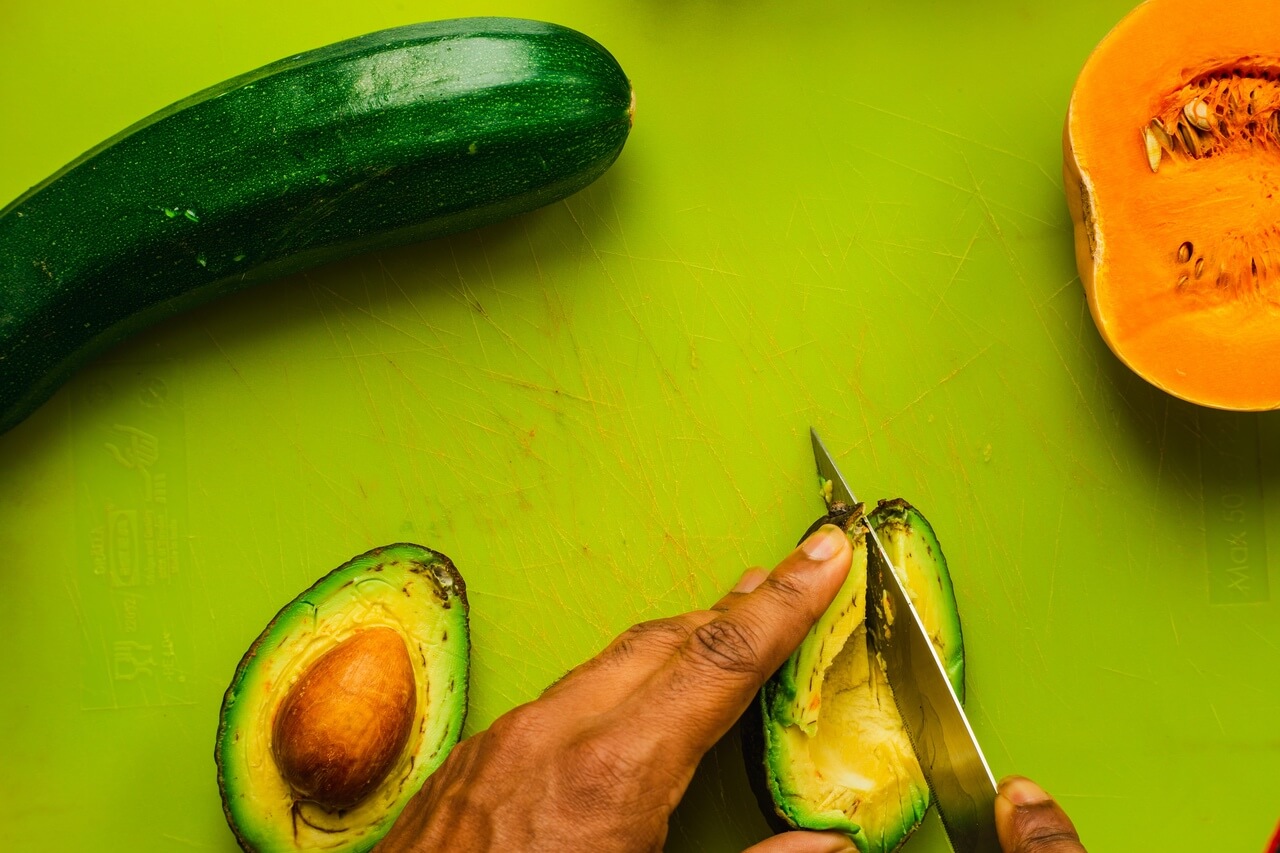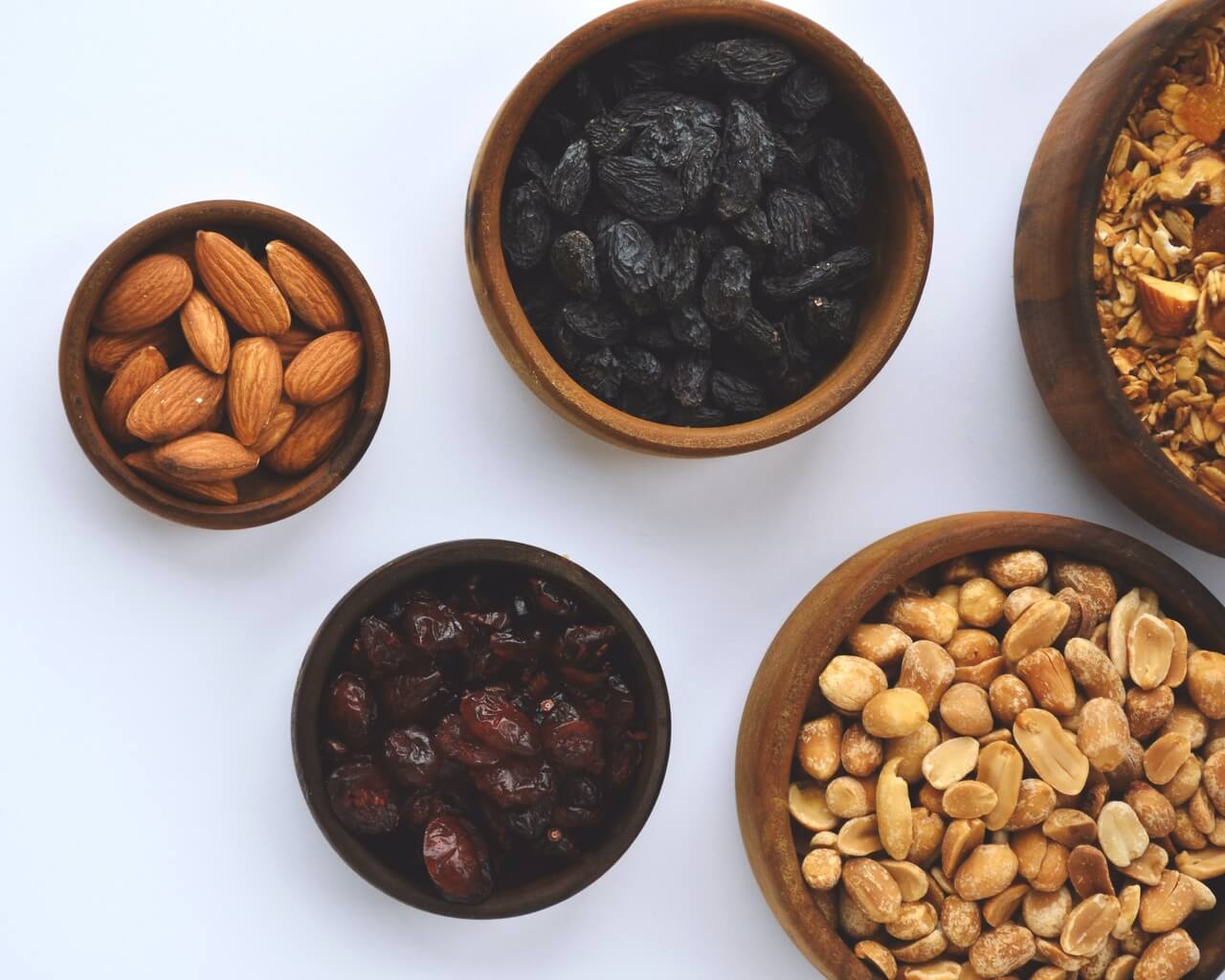WASHINGTON – Howard University Associate Professor of Nutritional Sciences and licensed nutritionist, Linda Thompson, Ph.D., LN, is concerned about the health of individuals and families social distancing at home and either cooking their own food or ordering food delivery.
 “It is common that some of the foods we consume can cause contribute to cholesterol to our system. This excess can create a plaque buildup contributing to cardiovascular disease,” said Thompson, who has worked in nutrition and health programming and policy planning for minority urban populations for 25 years. “There are foods that can be consumed to help reduce excess cholesterol, which by adding to your daily diet, will help you.”
“It is common that some of the foods we consume can cause contribute to cholesterol to our system. This excess can create a plaque buildup contributing to cardiovascular disease,” said Thompson, who has worked in nutrition and health programming and policy planning for minority urban populations for 25 years. “There are foods that can be consumed to help reduce excess cholesterol, which by adding to your daily diet, will help you.”
Thompson has extensive experience in developing and implementing chronic disease prevention and management interventions among African American populations in the District of Columbia. She has conducted focus groups and surveys to create appropriate educational materials for low income, minority individuals. She is also a principal investigator of a study examining the use of food as medicine among low-income minority residents of the District of Columbia and is vice president of the Board of the Ward 8 Farmer’s Market.
Thompson recommends eating more foods that are high in soluble fiber, which binds with excess cholesterol and helps to remove it from the body and can aid in lowering your cholesterol. Here are seven foods to aid in lowering your cholesterol:
Oatmeal or Oat-based cereal: Eat a bowl a day. You can also add oat bran to yogurt, spaghetti, soups and baked goods. If you want to increase your fiber intake with oats, add it to your food and it will boost the soluble fiber to help decrease your risk of health concerns.
Avocados: Avocados are high in plant-sterol, which competes with the cholesterol absorption for the small intestines.
Lentils: This can be any type of lentil eaten in the form of soup or even served over rice.
Nuts: Consider eating walnuts and almonds, which are good to consume because they help to reduce cholesterol.
 Beans: There are a variety of beans, such as red, black and pinto beans, which can be consumed in many forms to accommodate to some.
Beans: There are a variety of beans, such as red, black and pinto beans, which can be consumed in many forms to accommodate to some.
Fatty Fish & Omega 3 Fatty Acids: Fatty fish such as albacore tuna, salmon, halibut and sardines are high in omega 3 fatty acids which has been shown to reduce triglycerides in the blood. However, because of potential mercury contamination, only consume these type of fish once per week. Although omega 3’s do not directly reduce cholesterol, they do contribute to the reduction of risk of heart issues.
Fruit: An apple a day keeps the doctor away because they contain pectin, a type of soluble fiber that helps lower cholesterol. Pears are a good fruit to eat as well.
# # #
About the Department of Nutritional Sciences
With increasing recognition of the association between diet and disease and the importance of diet in health promotion, nutritionists and dietitians are needed to participate in research, to educate the public on ways to promote health through diet, and to educate individuals suffering from chronic diseases on ways to incorporate dietary modifications into their lifestyles. Additionally, a degree in nutrition or dietetics can be used as a foundation to prepare for graduate school as well as entry into professional schools such as medicine, dentistry, pharmacy, or other advanced degrees in business and education.
The Department of Nutritional Sciences offers undergraduate (Bachelor of Science) and graduate (Master of Science and Doctor of Philosophy) degrees in Nutritional Sciences. The Bachelor of Science degree is offered with emphases in Dietetics (Coordinated Program), Community Nutrition and/or Pre-medicine/Pre-dentistry. The curriculum allows students to complete the general education and basic science courses in the first two years. During the last two years, students, along with their advisers, select courses, which prepare them to become dietitians or nutritionist. Many students use this foundation at the Bachelor's level to prepare for further graduate / professional study in nutrition, medicine and dentistry. Many of our graduates are employed as health care providers, researchers, educators, policy makers and administrators locally, nationally and internationally.
For more information visit https://cnahs.howard.edu/programs/nutritional-sciences.
About Howard University
Founded in 1867, Howard University is a private, research university that is comprised of 13 schools and colleges. Students pursue studies in more than 120 areas leading to undergraduate, graduate and professional degrees. The University operates with a commitment to Excellence in Truth and Service and has produced one Schwarzman Scholar, three Marshall Scholars, four Rhodes Scholars, 11 Truman Scholars, 25 Pickering Fellows and more than 165 Fulbright recipients. Howard also produces more on-campus African-American Ph.D. recipients than any other university in the United States. For more information on Howard University, visit www.howard.edu
Media Contact: Imani Pope-Johns, Imani.popejohns@howard.edu




